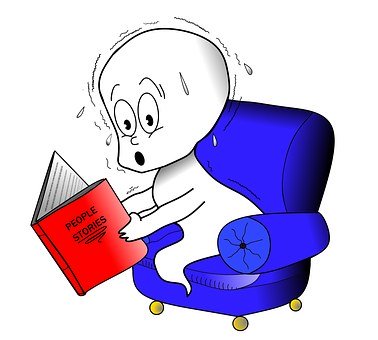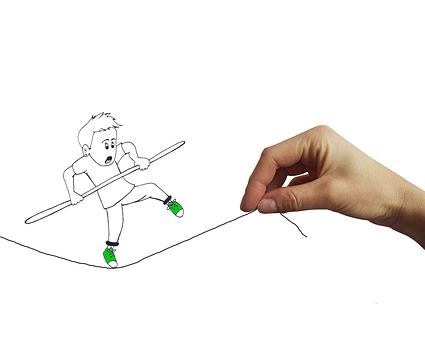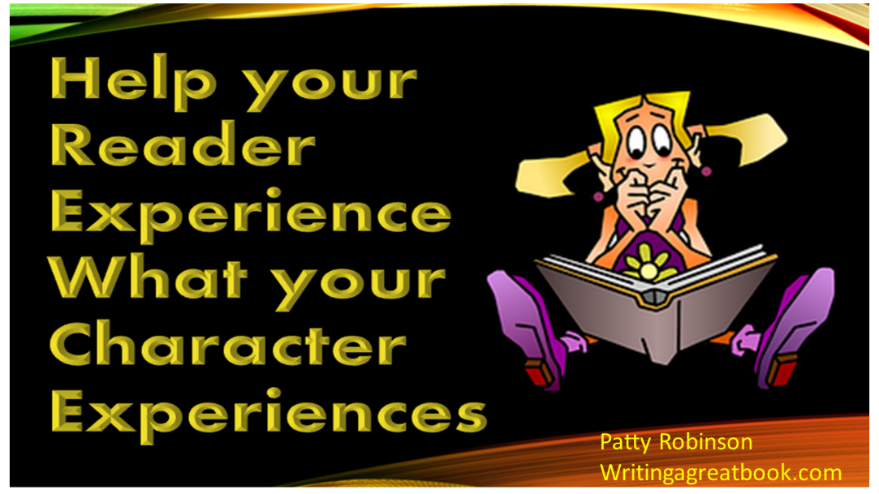Writing Fear
When writing fear, it is essential to portray your character’s fear in a way that grips the reader and develops your character at the same time. Remember fear is a complex emotion that isn’t reserved just for traumatic events. Any good story has moments when the characters are afraid either a little or a lot.
Fear is found in every genre. It is a universal, primal emotion and vital to our existence. Therefore, learning to write about fear, in a compelling way, will add greatly to your success as a writer.
The quickest way to alienate your readers is to use clichés – sweaty palms, racing heart, etc. We must go beyond clichés to create something more in-depth. Something that will snatch the readers heart strings. The type of fear a reader will relate to.
That’s why we created a comprehensive list of words and phrases to give us ideas and get our creative juices flowing.
What is the Underlying Cause of the Fear
The main goal is to engage your reader on an emotional level. When writing fear you want the reader to feel the vibrations in their own life.
To fully develop a character’s fears look for deeper issues, ingrained anxieties and negative thoughts. Your character’s subconscious fears can play an unexpected role in your character’s desires and motivation. Explore the root cause of your character’s fear.
Try to explore the root cause of your character’s fear.
- Why are they afraid?
- What are their conflicting subconscious motives?
- What past experiences add to their anxiety?
- How did they get into the situation?
Does your character have specific fears like of spiders or snakes? Do they have phobias? Do they suffer from PTSD? Are they easily frightened?
The trick to writing fear is to show what the character feels in the depth of their being. Guide your reader. Let them see through the pretense and find the awful painful truth behind the fear.
Prime Your Reader
Our character’s fears may be a product of their culture or their individual experiences.
Include back story or short flashbacks that allow the reader to understand the character’s fear. Sprinkle snippets of what your character is afraid of throughout the story. So when your character arrives at the moment of truth your reader will be afraid FOR your character.
When your reader understands the motivation behind the fear, they will better relate to your characters and cheer for them.
Build up the pressure with anticipation or foreshadowing. Allow the reader to anticipate something dreadful coming. Let your character imagine the worst-case scenario. Something they have no control over.
Writing Fear Differently for Each Character
Every character should have a unique reaction to the danger. How your characters respond to fear shows the reader what is important to that character. Each character will have their own perception and their private assessment of the situation. They each have their own goals, motivations, and personality quirks.
Because every character has their own strengths and weaknesses the intensity of their fear will be different. How a character responds shows the reader what is important to that character. What their priorities are.
Make the fear personal. Explore the root cause for each individual’s fear. Writing fear with multiple points of view will enrich your story.
Download 500 words and phrases to help you when writing fear.
Fear Triggers One of Three Automatic Reactions
Phrases for writing fear when your character chooses to fight
- watched with irritated contempt
- jerked his knife from the sheath
- slowly, carefully pulled herself erect
- fought down the panic
- she had always been a fighter
- veins in his deck swelled
- she did not back away ice water in her veins
- his tone pointed and angry her eyes narrowed
- defiant words mask her fear clenched his jaw tightly
- panic fueled him adrenaline forced her forward
- the smell of fight was in his nostrils braced his legs, ready
- he was frightened of the battle but accepted his fears
- bystanders chanted encouragement
- slammed forehead into his nose
- jaw steeled in determination
Phrases for writing fear when your character decides to flee
- shuddered and sprinted away
- resignation forced her to flee
- turned around sharply
- she must vanish quickly
- he moved about in secret
- with my heart in my throat I turned to flee
- with a snap decision he walked out the door
- she eyed him warily, then turned her back to him
- was haunted with the sensation of unseeing eyes were watching me
- she glanced nervously in her rearview mirror
- I had only one thought; run and run fast
- fidgeted nervously before walking away
- his only thought was to keep moving
- with agony of soul, he turned and ran
- she signaled with her right hand; it was time to go
Phases for writing fear when your character becomes frozen
- stomach full of feathers clung together as if drowning
- paused in midstride, listening lingered, out of sight
- dead feeling sunk into his soul Hiding was their only hope
- the sound made her freeze mind a wall of darkness
- panic seized my brain his fear shocked him
- mute with horror numb with shock
- bones turned to jelly body numb with fear
- dazed struggling to calm her heart
- froze with a dull sense of apprehension
- she put her forefinger to her mouth, “sh”
- he stood still letting his thoughts range out around him, searching
For more Ideas about writing fear see: Writing about fear
Let’s Wrap It Up
Make your character’s reaction to fear unique. Go beyond clichés to write something with more depth.
- Explore the root causes of your character’s fear to give your reader insights into your characters.
- Draw on the distinctive aspects of your characters past.
- Make each character’s fear unique
You want your readers to experience the fear along with your character, not just watch your character being afraid.
Happy Writing
John & Patty @writingagreatbook.com 2022









Leave a Reply